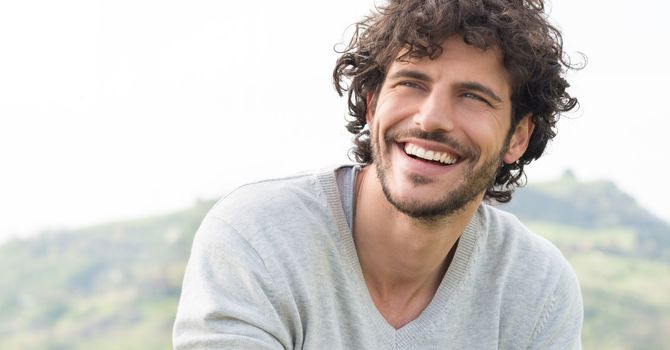Do you find yourself needing to be in control at all times? Are you often hard on yourself or quick to push others away before they can hurt you? Beneath these patterns may lie a deep, often invisible injury—an abandonment wound—and one of the ways it can show up is through the fight trauma response.
What Is the Abandonment Wound?
An abandonment wound forms when a child experiences emotional or physical absence from a caregiver. This could look like neglect, inconsistent presence, or growing up with emotionally unavailable parents. The child learns: “People leave. I must protect myself before they do.”
This early pain doesn’t just vanish with age. Instead, it shapes how we navigate relationships, self-worth, and safety in the world. And for some, that pain transforms into the fight response—a trauma response rooted in protection through power.
What Is the Fight Response?
The fight response is not just about outward aggression. It’s about regaining control in a world that once felt unsafe and unpredictable. It’s the nervous system’s way of saying, “I won’t be hurt again. I’ll take charge before anyone can leave me.”
In someone with an abandonment wound, the fight response might look like:
Perfectionism and high self-pressure
Controlling tendencies in relationships
A quick temper or defensive reactions
Fear of vulnerability, masked by strength or authority
Pushing others away before they can reject you
Harsh inner criticism and a relentless drive to “prove” yourself
These behaviors often mask a tender inner child who longs to feel secure, seen, and loved—but is terrified that closeness equals danger.
The Hidden Pain Behind the Armor
The fight response is often misunderstood. Those with this response are not “difficult” or “too much”—they are people who learned to survive by staying in control. But over time, this pattern can lead to disconnection, loneliness, and chronic exhaustion. Underneath the armor is a deep fear: What if I let go—and get left behind aga
If this resonates with you and you’re ready to learn more about yourself, I’d be honoured to walk alongside you. Reach out—healing is not something you have to do alone

Sandra Ragheb
Contact Me



